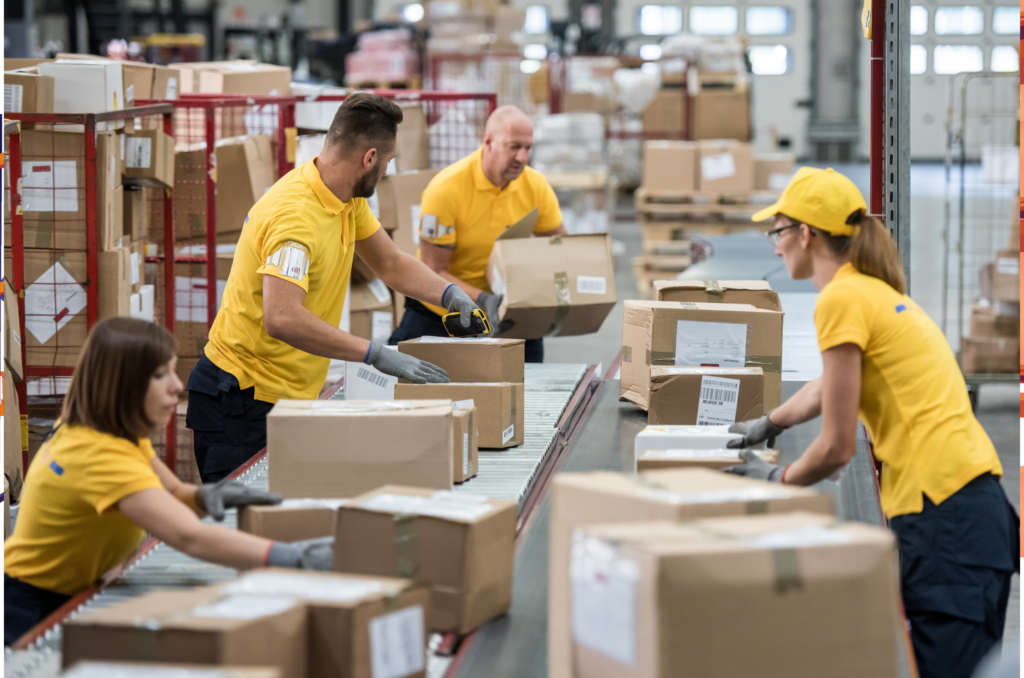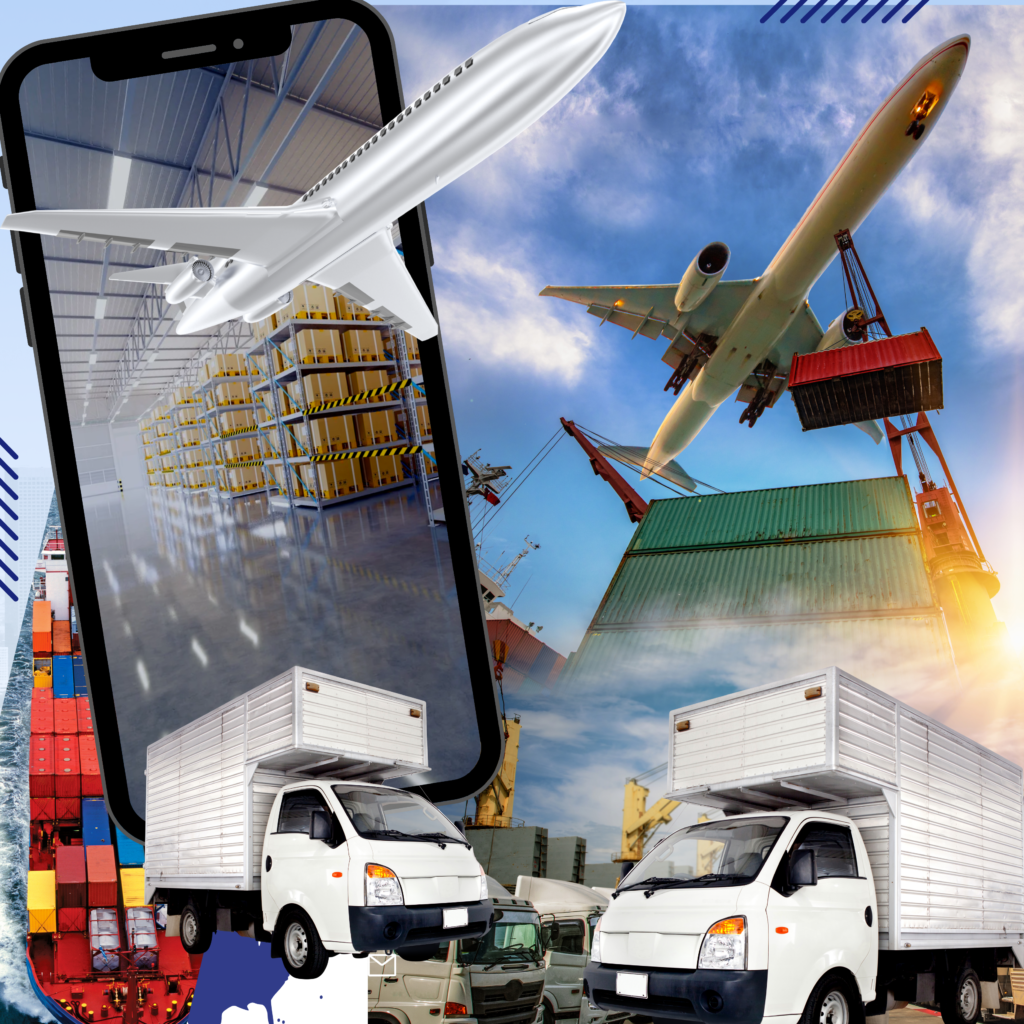
The Ever-Evolving World of Courier Services
The need to move goods quickly and securely has existed for centuries. From the ancient messengers relaying vital information to the modern drone delivering your morning coffee, courier services have continuously adapted and evolved. This blog delves into the ever-changing landscape of courier services, exploring its history, current trends, and future possibilities.
A Brief History of the Courier
The concept of a courier, someone entrusted with carrying messages or goods, can be traced back to ancient civilizations. Messengers on foot, horseback, and even by boat formed vital communication links for empires like Rome and Persia. The Pony Express, a short-lived but iconic service in the 1860s US, became synonymous with urgent, long-distance mail delivery.
The 20th century saw a surge in organized courier services. Companies like Federal Express (FedEx) and United Parcel Service (UPS) revolutionized the industry with faster delivery times and wider coverage. Technological advancements played a crucial role, with the development of airplanes and improved road infrastructure significantly impacting delivery speed.
The Rise of E-commerce and Its Impact on Courier Services
The internet’s emergence and the subsequent e-commerce boom in the late 20th and early 21st centuries drastically altered the courier landscape. Consumers, accustomed to instant gratification, demanded faster and more convenient delivery options. Courier services responded by offering a wider range of delivery choices, including same-day, next-day, and scheduled deliveries.
The Modern Courier Service Landscape
Today’s courier service industry is a complex and diverse ecosystem. Here’s a breakdown of some key aspects:
- Types of Services Offered:
- Standard Ground Shipping: The most cost-effective option, with delivery times typically ranging from 2-7 business days.
- Expedited Shipping: Offers faster delivery times, often within 1-3 business days, at a premium cost.
- Same-Day Delivery: This high-speed service guarantees delivery within the same day, ideal for urgent items.
- International Shipping: Delivers packages across borders, with varying timelines and regulations depending on the destination.
- Specialized Services: Cater to specific needs, such as medical deliveries requiring temperature control or oversized freight requiring specialized vehicles.
- Key Players: The industry is dominated by major players like FedEx, UPS, and DHL, but a growing number of regional and niche courier services cater to specific markets.
- Technology Integration: Technology plays a crucial role in modern courier services. Tracking systems allow real-time updates on package location, while route optimization software ensures efficient deliveries. E-commerce platforms often integrate with various courier services, streamlining the shipping process for customers.
- The Rise of Gig Economy Couriers: Platforms like DoorDash and Uber Eats highlight the growing trend of gig economy couriers. These independent contractors use their personal vehicles for local deliveries, offering flexibility for both the courier and the business.
The Future of Courier Services
The future of courier services appears to be driven by speed, convenience, and sustainability:
- Faster Delivery Times: Customers’ expectations for speed continue to rise. We can expect continued innovation in areas like drone delivery and autonomous vehicles, potentially reducing delivery times to minutes in certain scenarios.
- Hyperlocal Delivery: With the rise of online grocery shopping and other on-demand services, hyperlocal delivery within a defined area will likely become increasingly common.
- Focus on Convenience: Services will continue to offer more customer-centric options, such as flexible delivery windows, in-home pickups, and self-service lockers.
- Sustainability Initiatives: As environmental concerns gain traction, courier services will strive for greater sustainability. This might involve using alternative fuels, optimizing routes, and exploring eco-friendly packaging solutions.
Conclusion: A Vital Cog in the Global Economy
Courier services play a vital role in the global economy, facilitating the flow of goods and information across borders. As technology continues to evolve and consumer demands change, courier services will need to adapt and innovate to stay relevant. The future holds exciting possibilities for faster, more convenient, and sustainable delivery solutions, ensuring the courier industry remains a cornerstone of a connected and dynamic world.
Beyond the Basics: Exploring Additional Aspects of Courier Services
This blog post provides a foundational understanding of courier services. To delve deeper, here are some additional aspects to consider:
- The Role of Regulation: Governments often impose regulations on courier services to ensure safety, security, and fair competition. Understanding relevant regulations is crucial for both businesses and courier companies.
- The Impact on Global Trade: Courier services play a vital role in facilitating international trade by enabling the efficient movement of goods across borders.
- The Changing Needs of Businesses: Businesses have diverse needs when it


